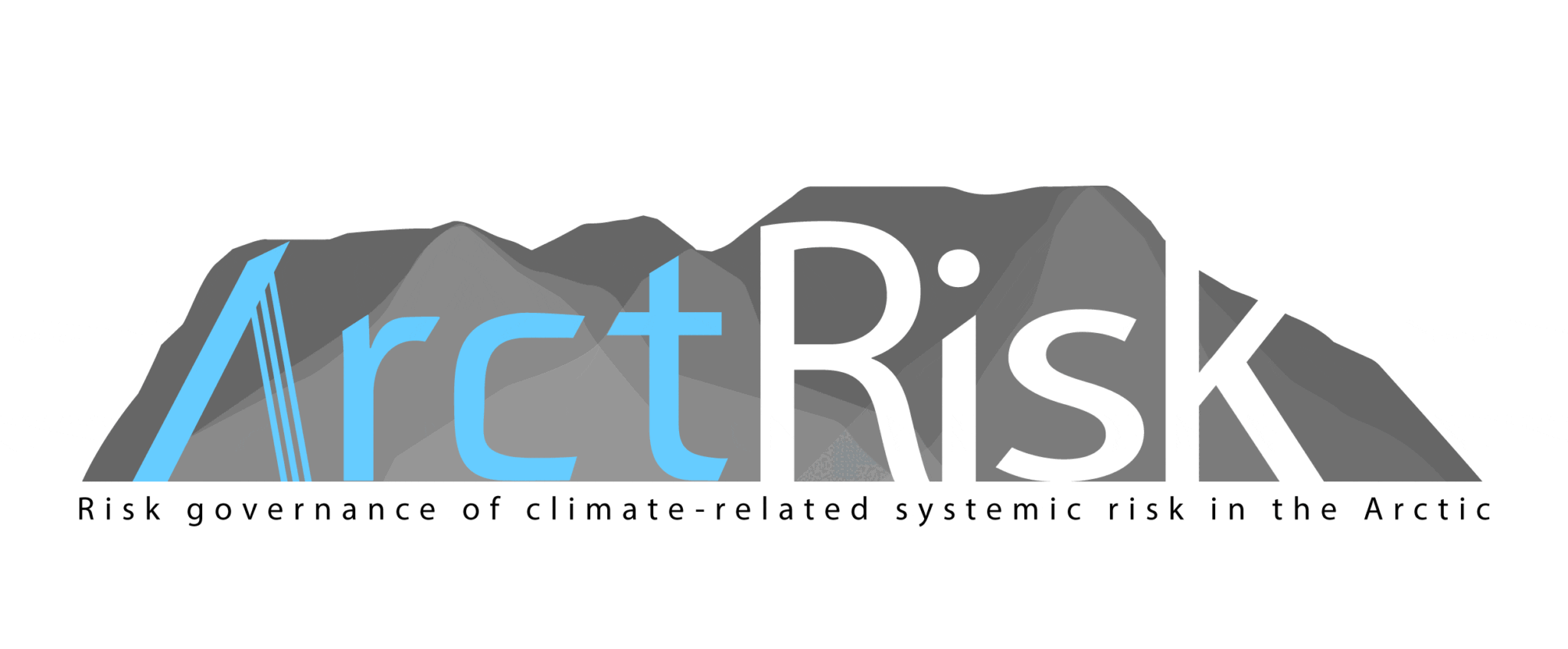ARCT-RISK
The primary objective of ARCT-RISK is to develop knowledge and tools to make sense of and deal with effects of climate change on society’s ability to protect the life and health of its citizens and to maintain critical infrastructure and function.
active

Members of the ARCT-RISK project group inspect the site for the 2015-avalanche. Photo: Maria Philippa Rossi
Understanding and adapting to climate change is one of the greatest ongoing societal challenges. The primary objective of ARCT-RISK is to develop knowledge and tools to make sense of and deal with effects of climate change on society’s ability to protect the life and health of its citizens and to maintain critical infrastructure and function.
The starting point of the project is the key role the Arctic plays in understanding and mitigating the challenge of climate adaptation, as the climate already is changing more rapidly in these regions than anywhere else in the world.
This means successful risk governance strategies developed in response to destabilized climate conditions in Arctic locations serves as important experiences for future climate change adaptation in mainland Norway and other relevant parts of the world.

Longyearbyen, Svalbard will be used as a “living lab” to study and develop approaches to risk governance that will reduce systemic risks (i.e. risks related to a combination of climate change, natural hazards and rippling effects on citizens, infrastructure and societal functions).
To achieve the project’s objectives a transdisciplinary approach involving perspectives from technology, safety science, natural science and social science is applied. The project team consist of experts from the Norwegian University of Science and Technology, the University Centre in Svalbard, NTNU Samfunnsforskning, SINTEF and the University of Stavanger.
The research group will collaborate closely with local stakeholders in Longyearbyen to achieve to objectives of the project: Longyearbyen Local Government, the Governor of Svalbard, Telenor Svalbard AS, Nordkapp municipality, Skred AS, The Norwegian Water Resources and Energy Directorate and the Arctic Safety Centre at the University Centre in Svalbard.



